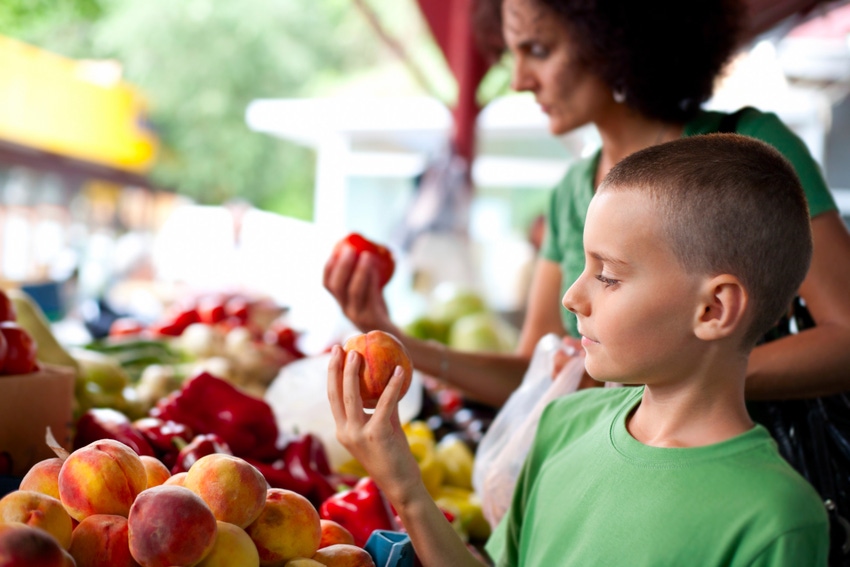October 16, 2014

Natural foods used to be seen as privileges for health nuts and yoga-loving moms, but these choices are becoming more mainstream every day. In case the growing organic and natural products sections of grocery stores, or the slightly-more-natural offerings from the biggest food companies aren’t evidence enough, retail research and consulting company WSL has released some numbers.
In a report released this week, WSL declared that a “Wellness Uprising” is sweeping the nation, and natural retailers have an opportunity to take advantage of it. “What began in the recent recession as an economic necessity has become a more holistic approach to being well every day,” said WSL CEO Wendy Liebmann.
Because society (and the media) seem to be obsessed with fitness and health, and because we have the internet to provide us all the information about health that we could possibly want, and because healthcare is more expensive than ever—people are making healthier choices.
Or, more precisely, they want to be making healthier choices. That means—ahem, brands and retailers—opportunity awaits.
What consumers want
According to the report, nearly 70 percent of shoppers want stores to offer a wider selection of healthy choices. For many of those people, that doesn't necessarily mean the healthiest choices -- it just means healthier. For half the respondents, healthier meant more fresh food, while for one-third  of them, it meant more natural or organic offerings.
of them, it meant more natural or organic offerings.
And the interest cuts across all demographics, so variety truly is key: Lower-income shoppers need more affordable options, for example, and millennials are more likely to try natural remedies for health conditions, while boomers seek out more traditional treatments like vitamins and over-the-counter meds.
Clearly, this means big retailers not already providing these options have plenty of room to grow. But what about the independent retailers already stocking plenty of healthy foods?
Opportunities for natural stores
There are two potential advantages and opportunities that are key. The first is low-income shoppers. The whole point behind the Wellness Uprising data is that it's not one particular segment driving the growth of the health sector. Rather, it's that people across the board want healthier foods, and many lower-income shoppers have been deterred from buying them purely because of price. So if retailers can find ways to provide healthier options at more affordable prices, they may well develop a whole new set of loyal customers.
The second is trust. According to the report, one of the biggest challenges to retail at this time is to earn shoppers’ trust, which means “offering the products, services, information and incentives that help them make healthy choices.” It explains that some retailers have already earned trust, while bigger stores and companies will likely have a harder time reaching that goal. Independent retailers should be able to take advantage of trust they've already built: They provide a value-added shopping experience for customers and need to continue to foster positive relationships and provide services, information or incentives that the bigger operations cannot.
Retailers should also take advantage of ailments and interests that are most common, like stress and stress alleviation. People of all ages and income levels cited stress as their number-one health concern. “The opportunities to help shoppers manage stress are only limited by a brand or store’s imagination,” WSL said.
CEO Liebmann added, “What began as a fringe movement of people interested in organic food, yoga and shopping at Whole Foods has turned into a national trend driven by a broad constituency of consumers of all ages, incomes, ethnicities and genders. They’re knowledgeable and passionate about taking care of their own and their family’s health.”
About the Author(s)
You May Also Like
.png?width=700&auto=webp&quality=80&disable=upscale)




